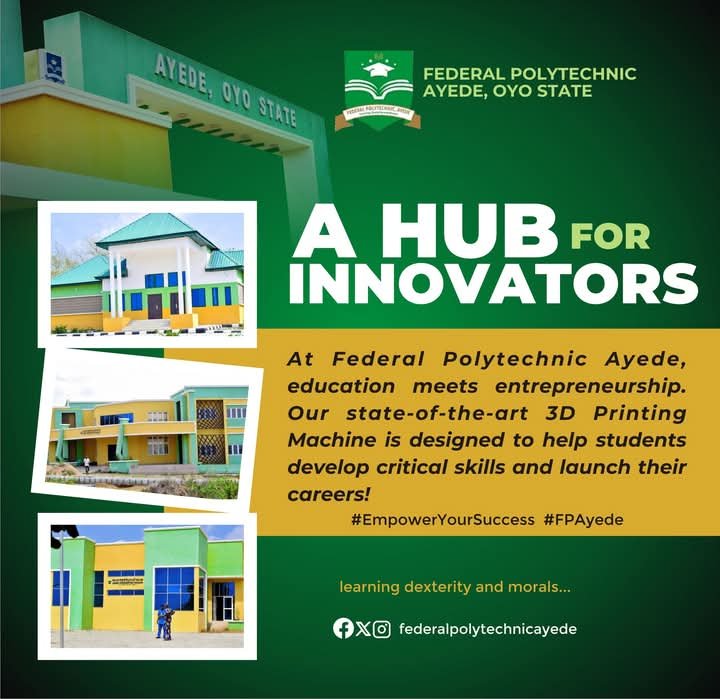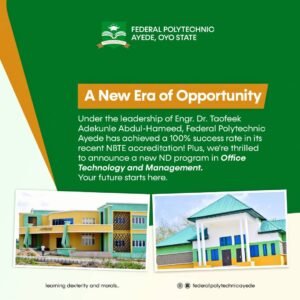

By Biola Lawal
Ayede (FLOWERBUDNEWS) The Federal Polytechnic, Ayede has successfully designed and produced a motorised Forage Chopper for Livestocks feed to help modernise and boost business of livestock farmers in the country.
Breaking the news of the landmark achievement in an interview with FLOWERBUDNEWS on Tuesday, the Rector, Dr. Taofeek Adekunle Abdul-Hameed, said that the institution was motivated to design and produce the forage chopper in support of federal government efforts to boost livestock farming in the country and beyond.

FLOWERBUDNEWS recall that the Polytechnic had also recently developed and manufactured a 3D printing machine utilising low-cost, open-source design and locally sourced materials
”We tasked ourselve to develop a machine that will be relatively in-expensive, easy to be maintained, easy to operate and, most importantly, has a good quality control mechanism,” Dr. Abdul-Hameed said.
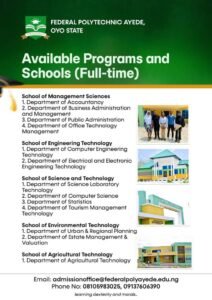
The Rector said that theFEDPA animal feed chopping machine was manufactured based on the appropriate technical requirement, availability of raw material and affordability to the end users.
Dr. AbdulHameed said the machine is powered by petrol engine to meet the high demand for quality animal feed for small to medium holder farmers in the livestock sector in developing countries, especially in Nigeria.

Executive Summary of the successful resrarch project indicated that the FEDPA animal feed machine has very high commercial viability.
Executive Summary of the research Project states:
The livestock has always been an important component of the Nigerian economy. Livestock provide employment and income for a large proportion of the rural population and serve as an important source of protein in the diet.

Despite the importance of the sector, growth in livestock output has been slow. In the face of constraints posed by disease and ecological problems, government policies have not been totally successful in introducing or encouraging the development of basic technological and institutional changes necessary to exploit the potential that exists for an efficient growth of the livestock sector.
The availability of livestock feed in Nigeria is far below the requirements. The serious scarcity of feed ingredient limits livestock production. Available feeds are sometimes fed to animals without consideration of their quality or the requirements of the animal.
Such diets adversely affect the growth rate, age of maturity, milk production and meat production of animals.Pastoral systems, whereby farmers move cattle from place to place in search of pastures and water, with herd size ranging from 100 to 300 heads of indigenous breeds is the traditional way for livestock production in Nigeria. Production at this level is subsistence oriented and animals are kept on uncultivated pastures and rely on grazing without any feed supplements.

Main products include beef, milk, blood, hides, manure and horns. This system is characterized by farmers’ herders clash, poor animal growth, high risk, low milk productivity etc.
This fabrication project proffered solutions to the aforementioned problem and focused on the detailed design, drawing, materials for fabrication, bill of quantity, method of fabrication and installation.
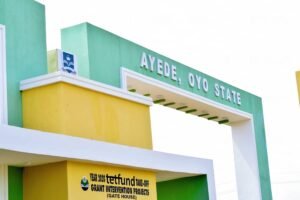
This project was aimed to proffer solution to these problems so as to achieve a better meat quality, reduces environment pollution and open grazing issues.Background of the Project
The livestock industry as an important component of general agriculture is a key contributor to economic growth and development of any nation. In addition to having the capacity for earning revenue for the governments, it provides employment, food, farm energy, manure, fuel and transport (Nuru 1986).
As Fakoya (2007) has succinctly argued, livestock, especially ruminant production, is the most efficient user of uncultivated land and contribute evidently to crop production. Efficient crop-livestock integration systems have the tendency of allowing nutrients to be recycled more effectively on the farm thereby enhancing crops’ yield.

Under such a system livestock can be fed on crop residues, like straw, damaged fruits and grains, as well as other products that would have posed a major waste disposal problem (Fakoya, 2007).
In Nigeria, notwithstanding its acclaimed relevance the livestock sub-sector tends to be playing a decreasing role in national development in view of its contribution to the country’s agricultural Gross Domestic Product (GDP).
Nigeria’s population growth between 2015 and 2050 the population will double to almost 400 million and the number people living in urban areas will triple from the current 94 million to 280 million.
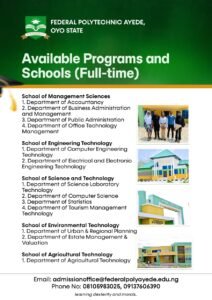
GDP per capita will almost triple up to around 7 137 USD PPP. As a result of these changes, the demand for livestock products will rise exponentially.
The growing demand for animal food and the transformation of the livestock sector represent major developmental opportunities for the country as livestock farmers, input suppliers, animal health service providers, processors, wholesalers, retailers and other stakeholders could significantly expand their business.
However, these opportunities come coupled with some major challenges that, if not properly addressed, risk jeopardizing the development of the livestock sector and have broader negative impacts on public health, the environment and livelihoods.
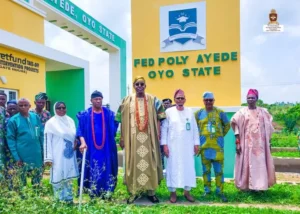
The huge rise of demand for animal source foods presents great business opportunities for farmers and other value chain actors and can support broader societal development through employment generation and poverty reduction, food security and nutritional benefits.

The increase population growth and income increase that the country is foreseen to experience will result in such high demand for animal food which will necessitate a change in approach in animal feed processing Considering all the challenges encountered in the livestock production with respect to the availability, quality and quantity of animal feed in the country, (FLOWERBUDNEWS)

